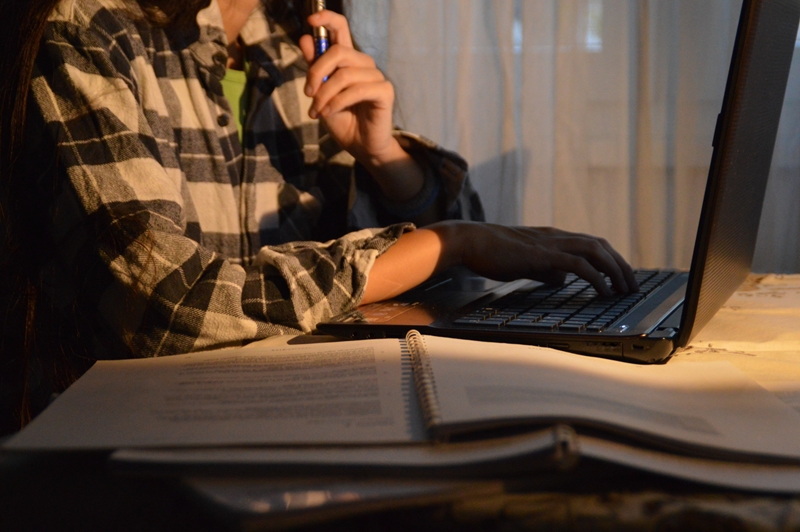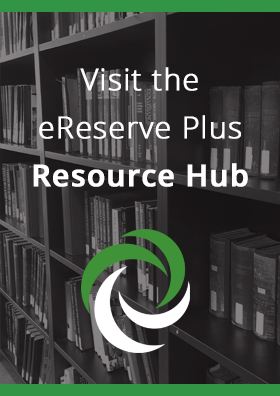One of the primary features of U.S. copyright law is fair use, which means the ability to use copyrighted materials, in an educational context, without permission and ensures that the purpose of the law is met – to promote the progress of science and useful arts. With recent legal cases related to use of copyright materials in the USA and rest of the world, these issues are more important than ever.
A great deal of online educational content creation relies on the reuse of copyrighted material. Employees of colleges and universities, especially library staff, have extra responsibilities in reviewing and managing fair use assessments as academic and educational use is one of the main reasons why a piece of content may qualify for fair use.
Of course, fair use can be confusing and subjective, and even people and schools experienced with copyright may, on occasion, find it confusing. Simply handing out copyrighted materials in an academic setting and claiming fair use, without considering the nature of that use, may lead to legal and litigation risk. The following are a few situations in which fair use provisions don’t apply.
Not showing due caution when creating coursepacks
In more than one decision, the U.S. courts have found that copy shops serving colleges have overstepped their legal bounds when creating reproductions of copyrighted works for students to read. Low-cost photocopied coursepacks are common at colleges, but their status as fair use work depends on a number of factors, including the amount of the work included and the commercial nature of the materials.
In a 2009 ruling, a copy shop that serviced university clientele in Michigan was shut down for receiving materials from professors to make coursepacks. Despite the fact that many of the works were cut down to just the parts relevant for the courses in question, the amount of copyrighted text in there was deemed “significant,” and the existence of the photocopied versions was having a negative impact on the market (and an adverse commercial impact on rights holders) for the materials.
 Coursepacks are a common source of copyright questions.
Coursepacks are a common source of copyright questions.Handling dissertations improperly
One of the copyright law matters facing university libraries involves the way they handle works created by students, such as dissertations. A 2013 case involving the University of New Mexico found the school improperly added a graduate student’s work to the library for browsing and access.
Although school libraries have a strong case for the academic, noncommercial use of materials, this was found to be an exception. The dissertation was unpublished, and the student wanted to review and defend the paper at a later date, feeling that the school did not give him due consideration. The school library, by not? making the full text of the dissertation to its collection available? and failing to return it on request, violated fair use law.
Blurring the line between an educational aid and copyright infringement
Finding the right balance in the fair use of copyrighted learning material is the key to navigating educational copyright. According to a recent case from New York district court, a group creating cut-down and sanitized versions of classic novels failed to meet the fair use exception, by including far more of the original stories than was allowed.
Indeed, the judge in the case determined that the small amount of analytical text added to the texts was likely there to intentionally make the new versions qualify for fair use. By trying to flout the intent of the law, the defendants found themselves unable to claim fair use. The message to users of educational materials is clear: The fair use assessment and analysis should be an educated and thoughtful process, not an afterthought.
When dealing with common matters of copyright in and around the academic space, university libraries need to know the materials they are dealing with are compliant with copyright and fair use exception laws. Learn more about how the Fair Use Assessment tool in eReserve Plus makes this process easy, efficient and reliable for librarians and faculty staff.


